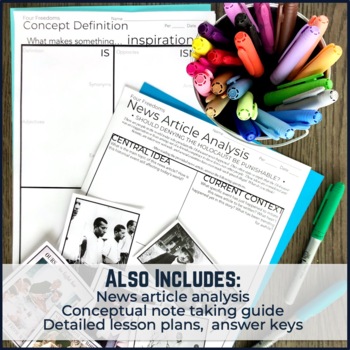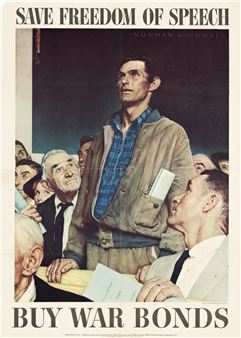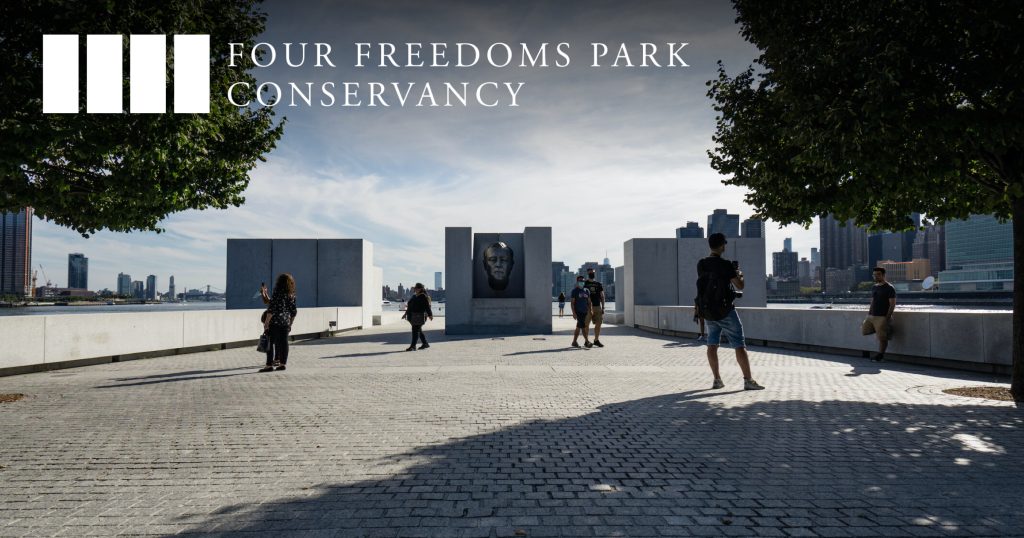The Four Freedoms, as defined by President Franklin D. Roosevelt in his 1941 State of the Union address, are a set of principles that outline the fundamental rights that every person should enjoy. These freedoms are the freedom of speech, the freedom of worship, the freedom from want, and the freedom from fear.
The first freedom, the freedom of speech, is the right to express one's thoughts and opinions freely without fear of censorship or punishment. This freedom is essential for the functioning of a healthy and democratic society, as it allows individuals to share their ideas, hold discussions, and engage in public debate. It is through the exchange of ideas that we can learn from one another, challenge and refine our beliefs, and ultimately arrive at a greater understanding of the world around us.
The second freedom, the freedom of worship, is the right to practice one's religion freely and without interference from the state or others. This freedom is essential for the protection of religious diversity and for the promotion of tolerance and understanding between different communities. It is through the free exercise of religion that people are able to find meaning, purpose, and connection with something greater than themselves.
The third freedom, the freedom from want, is the right to have access to the basic necessities of life, such as food, shelter, and healthcare. This freedom is essential for the promotion of human dignity and for the prevention of suffering and poverty. It is through the fulfillment of this freedom that people are able to live healthy, productive, and fulfilling lives.
The fourth freedom, the freedom from fear, is the right to live one's life without fear of persecution, violence, or oppression. This freedom is essential for the protection of human rights and for the promotion of peace and stability. It is through the realization of this freedom that people are able to live with confidence and hope, knowing that they are safe and secure in their own communities.
In summary, the Four Freedoms represent a universal vision of human rights and freedoms that are essential for the well-being and happiness of all people. They are a reminder of our shared humanity and our common aspirations for a better world, and they serve as a call to action for all of us to work towards a more just, fair, and inclusive society.




/cloudfront-us-east-1.images.arcpublishing.com/tbt/KJLQLHWL3UI6TFE6IBWI6S7HAY.jpg)

